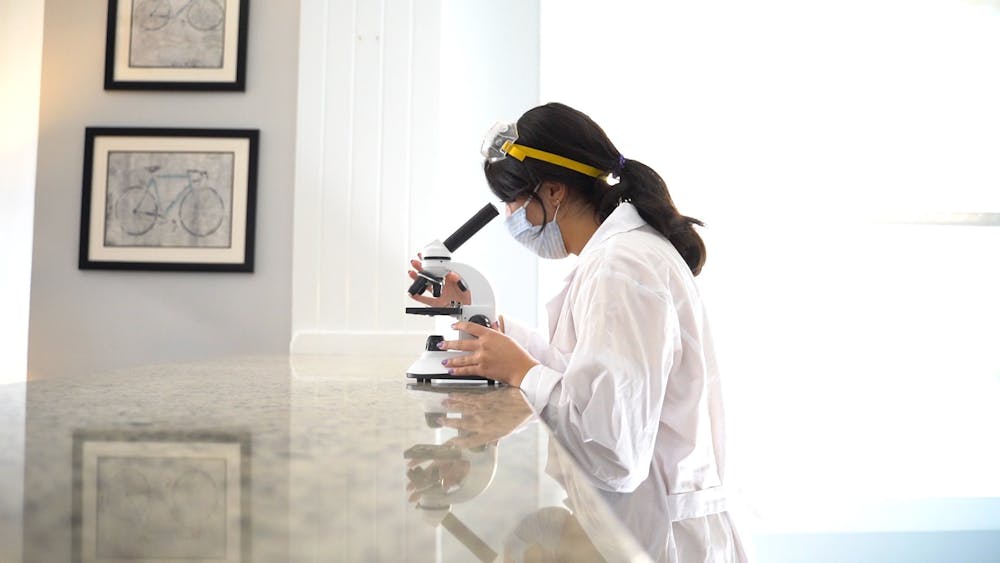The past year in science has been nothing short of tumultuous, with COVID-19 completely halting some scientific endeavors and accelerating others. Regardless, the year will be remembered for a variety of advancements — from space discoveries to vaccine development. And if this year has proven anything, it’s that it's going to be difficult to predict anything for 2021.
First, let's recap some highlights from 2020:
Vaccine development
One of the largest scientific feats this year was the rapid development of a vaccine for COVID-19. The research on the virus itself will go down as one of the most collaborative biomedical efforts performed to date, some of which was spearheaded right here on UNC’s campus. The vaccines currently in the news mark the first clinical uses of an mRNA vaccine, which utilizes the understanding of the virus's structure to push the human body to produce protective antibodies against the virus.
While vaccines like these have been in development for over a decade, only 12 mRNA vaccines have ever made it to human trials, and none were approved. However, given the speed of its development, it has been pushed to emergency use for COVID-19 by Moderna and Pfizer, at shocking rates of over 90 percent efficiency — proving a huge win for drug development and strong implications for its use in the future.
Improvement of artificial intelligence
Google DeepMind has been in the news twice this year for immense breakthroughs in health and biology. Earlier this year, it was evaluated as a tool to spot cases of breast cancer, and the system was trained on over 30,000 mammography images in the U.S. and the U.K.
DeepMind was able to cut the number of people incorrectly referred for further screening by 5.7 percent, while detecting 9.4 percent of potentially missed breast cancer cases. Although its success will need to be confirmed in clinical trials, it’s a significant advancement for the integration of technology into health care.
And only a few weeks ago, DeepMind’s program, known as AlphaFold, made a huge leap in solving a problem scientists have grappled with for decades: determining a protein’s 3D shape from its amino acid sequence. Understanding the shape of proteins can help pharmaceutical companies better understand viruses and the immune response, and has strong implications for quicker and advanced drug discovery.



